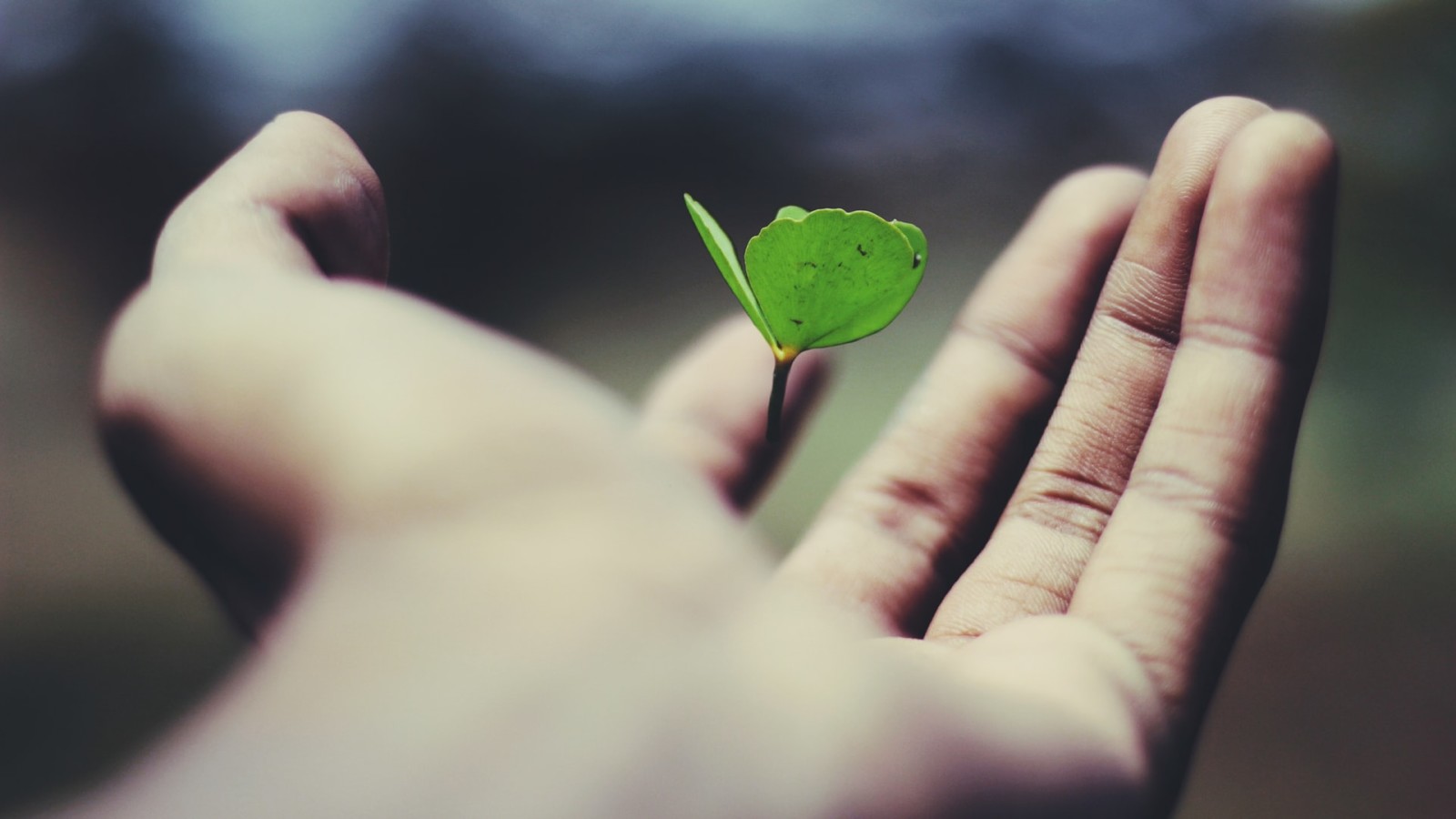Most people are constantly on a self-improvement and personal development journey.
Working to improve your mental wellness, social skills, self-esteem and other matters is life-affirming.
When you find ways to grow yourself, you can become a better friend, parent, partner, and leader. And your actions and behaviors don’t just affect others, it also leads to self-actualization.
How can you pursue personal development and growth?
Here are a few things you can do or may already be pursuing to improve yourself mentally and emotionally.
- Reading books
- Developing career-based skills that help you grow in your business
- Building your interpersonal and social skills to network well and lead others
- Going for counseling and therapy
- Mentoring others and being mentored by your peers
- Listening to audiobooks and podcasts
- Journaling and note-taking
There is tremendous satisfaction and happiness to be gained from feeling like you’re moving forward in life. However, it’s possible to also make some mistakes around personal development that do the opposite – make you feel stuck and anxious.
Here are some key mistakes people make when focusing on self-development and personal growth. See if any of these problems ring a bell for you and you can find new ways to think and pursue your self-growth goals.
Not focusing on any one thing
When it comes to building confidence, making new friends, or achieving your personal goals, it’s easy to jump from book to book and teaching to teaching.
As a result, you may read a dozen books to help you become a better manager, communicator, or parent, but if you don’t put anything into practice, you’ll find that you know a lot but can’t see any real improvements in life.
Instead of pursuing different approaches to self improvement, commit to focusing on one area you can improve. Or commit to follow one specific teaching or approach that interests you.
For example, if you read a book that helps you build better habits, instead of finding a new book to read, promise yourself that you’ll work on the principles of the book for at least one month.
Likewise, if you’re doing an online course that helps you improve your interpersonal relationships, take up a 30-day challenge and apply what you’ve learned.
Take the example of Benjamin Franklin. He believed that there were 13 virtues that made a person morally perfect. He listed them out in his journal and focused on each virtue for a week with great concentration. He would then move on to the next virtue and in this way go over all the 13 virtues during the year.
Making one change in life is far more effective than simply building your knowledge without making any real changes at all.
Looking for perfection
Have you ever pursued a goal and accomplished it only to feel flat and unmoved in the end?
This happens to many people because they believe that making more money or getting their dream job will lead to what they really want – lasting peace of mind.
Personal development becomes an endless running after books, teachers, and systems when you think that you’ll come to a state where you never feel uncomfortable again.
This is not true or even possible at all. As human beings, we’re built to experience emotions that ebb and flow like the tide. We can’t stop this from happening, nor can we prevent any kind of external event from disturbing our lives.
When you stop expecting uninterrupted peace or total contentment when you pursue self-development, you become more accepting and develop equanimity.
Believing that you need to be ‘fixed’
There’s a widespread belief that the events of our lives determine who we fundamentally are.
Because of this, when we have bad habits, difficult life experiences, or fail in any way, we assume that these events are the same as our real identities.
When you try to improve yourself with the intention of fixing your core identity, you end up feeding your negative beliefs.
Instead, be more mindful of what you think on a daily basis. Remember that as a human being, you are worthwhile as you are. You can go after self-development as a way to improve certain aspects of your life, but that doesn’t mean that there is anything fundamentally wrong with you.
Conclusion
In the end, the best way to grow yourself is to simply be more present. Spend more time meditating, journaling, or simply sitting still without social media, TV, or even a book.
It’s through self-reflection that you get powerful and life-changing insights.
Be aware of the self-development mistakes shared in this post and try to be more present. You’ll find that what you need may be right in front of you at this very moment.


